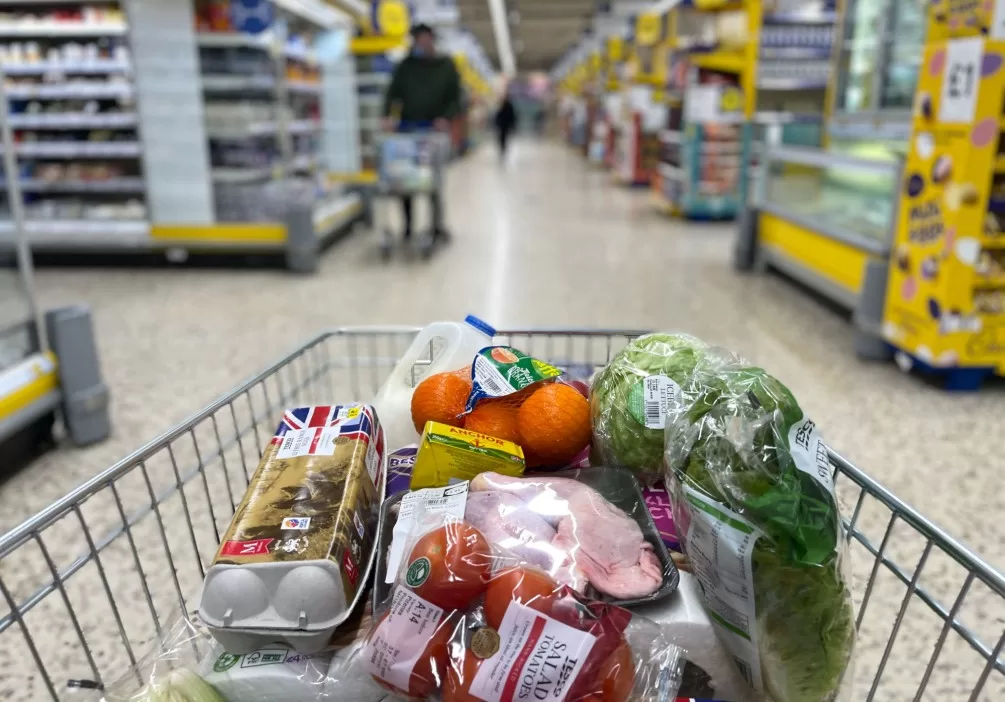The annual rate at which prices are rising remained at the same level last month, figures from the Office for National Statistics (ONS) show.
It comes after the rate of inflation rose unexpectedly to 4% at the end of last year.
It was the first time it had increased since February 2023 and has come as a surprise to many economists.
The latest figures show prices are rising at the same rate as the month before.
Inflation is a measure of how the price of goods and services has changed over the past year.
Inflation eased throughout 2023, down from the eye-watering 11.1% seen in October 2022, which was driven by soaring gas and electricity prices.
But the rate is still higher than the Bank of England‘s (BoE) target rate of 2%.
The Bank hikes interest rates in a bid to control inflation, pushing up borrowing costs for millions of homeowners.
In January it kept interest rates unchanged at 5.25% following the recent drop in the inflation rate.
Chancellor Jeremy Hunt said: “Inflation never falls in a perfect straight line, but the plan is working.
“We have made huge progress in bringing inflation down from 11%, and the Bank of England forecast that it will fall to around 2% in a matter of months.”
What it means for your money
High inflation means the cost of everyday essentials, like food and energy are rising, meaning your money doesn’t go as far.
The BoE, the UK’s central bank, can hike what’s known as its base rate to try and bring it down.
While it means people with savings see a boost, it also means interest rates on mortgages rise as well, piling pressure on homeowners.
